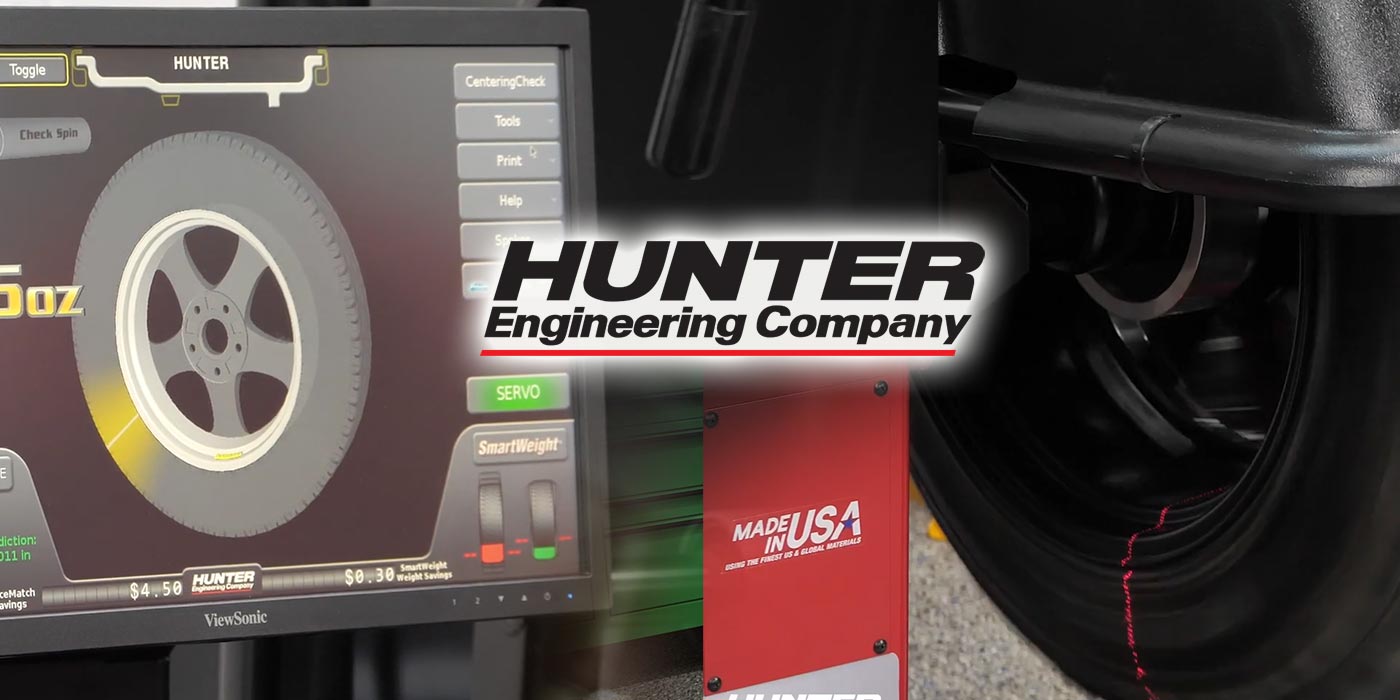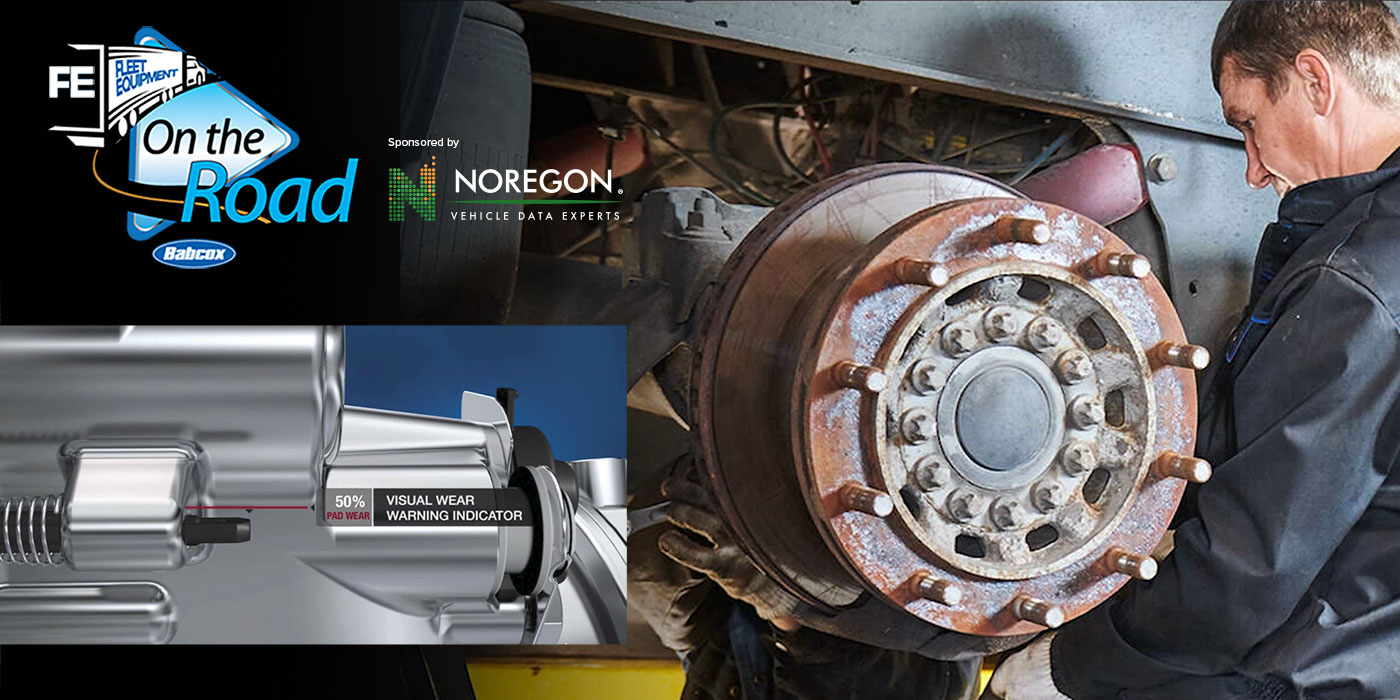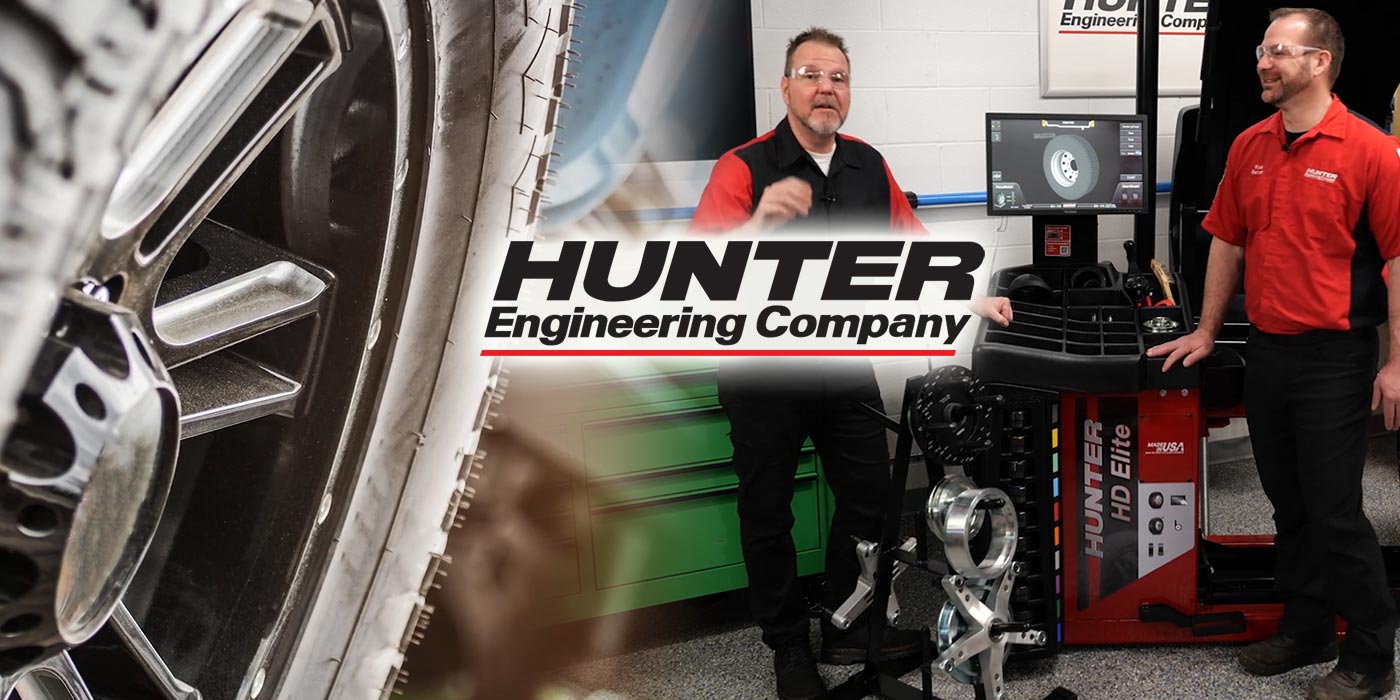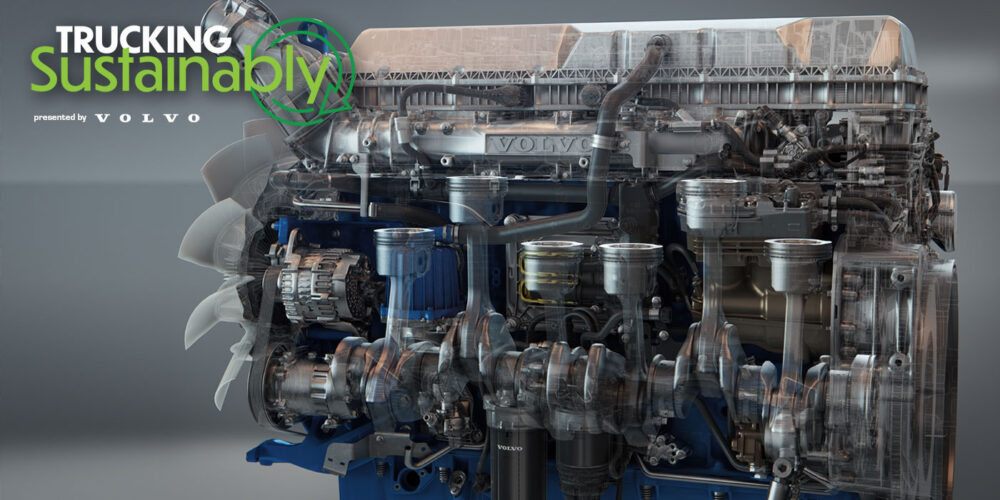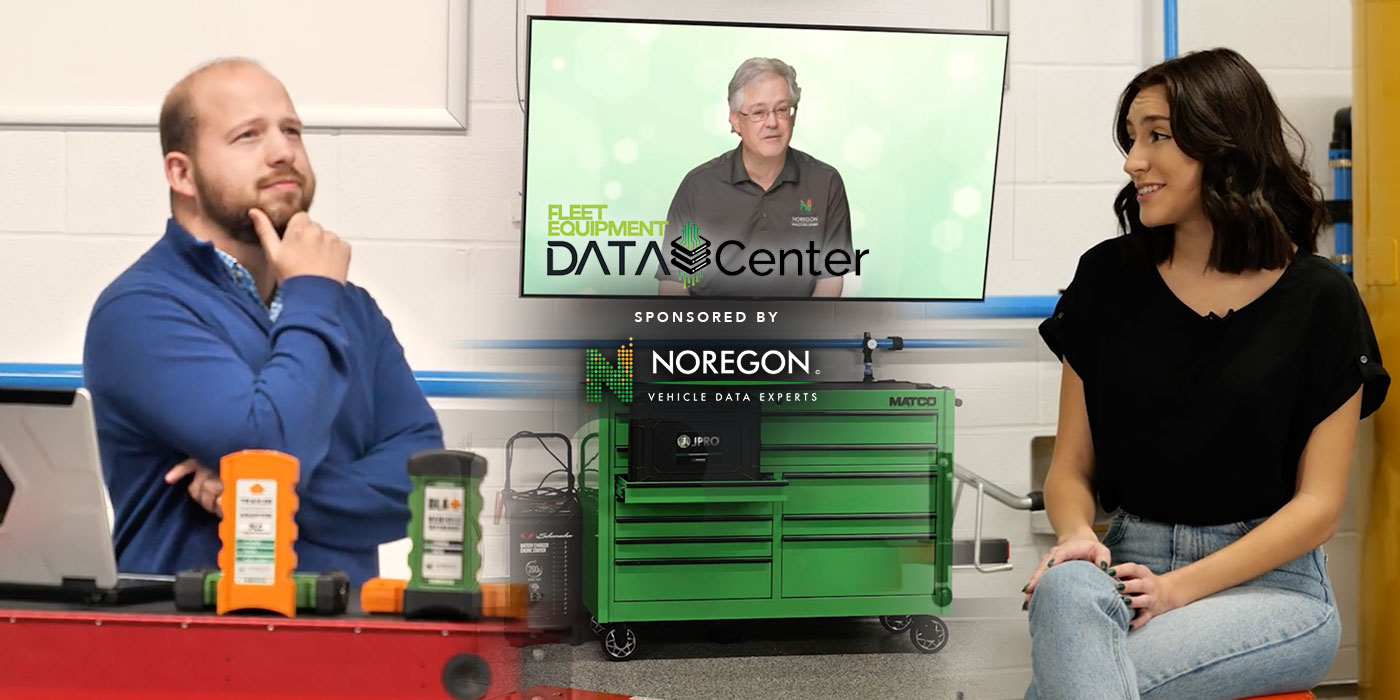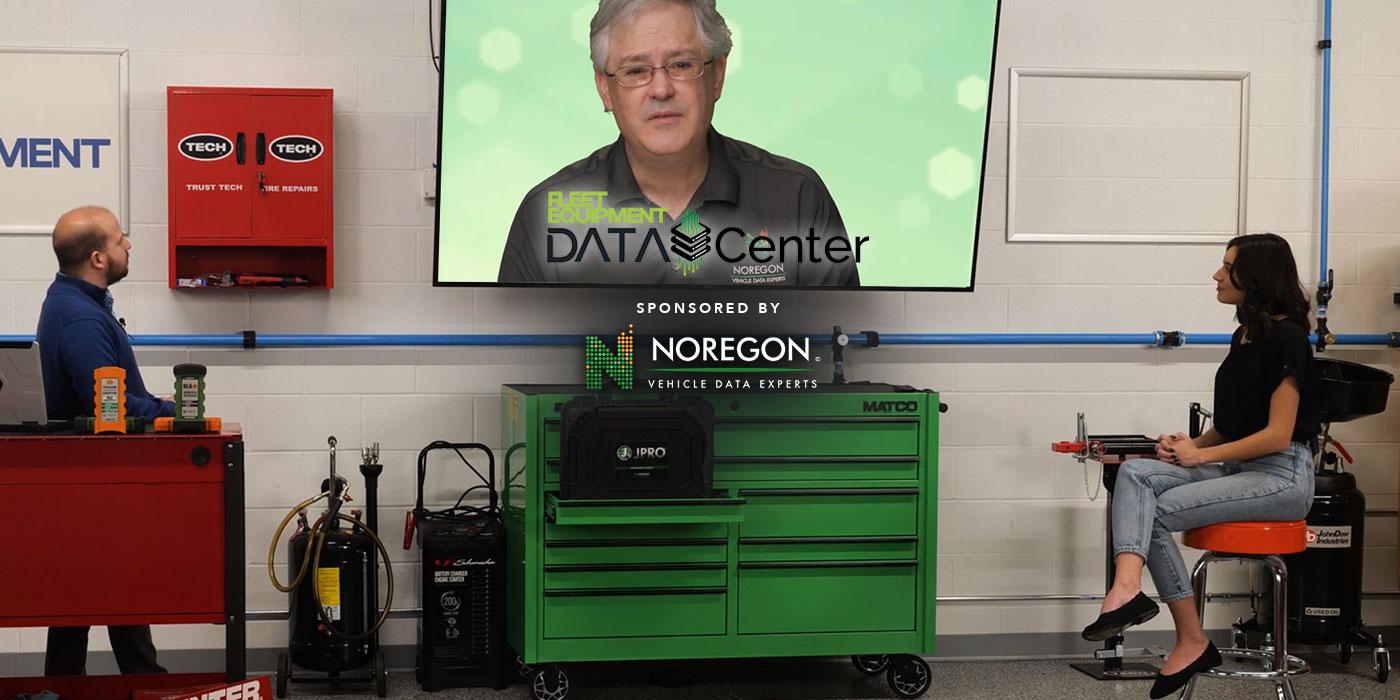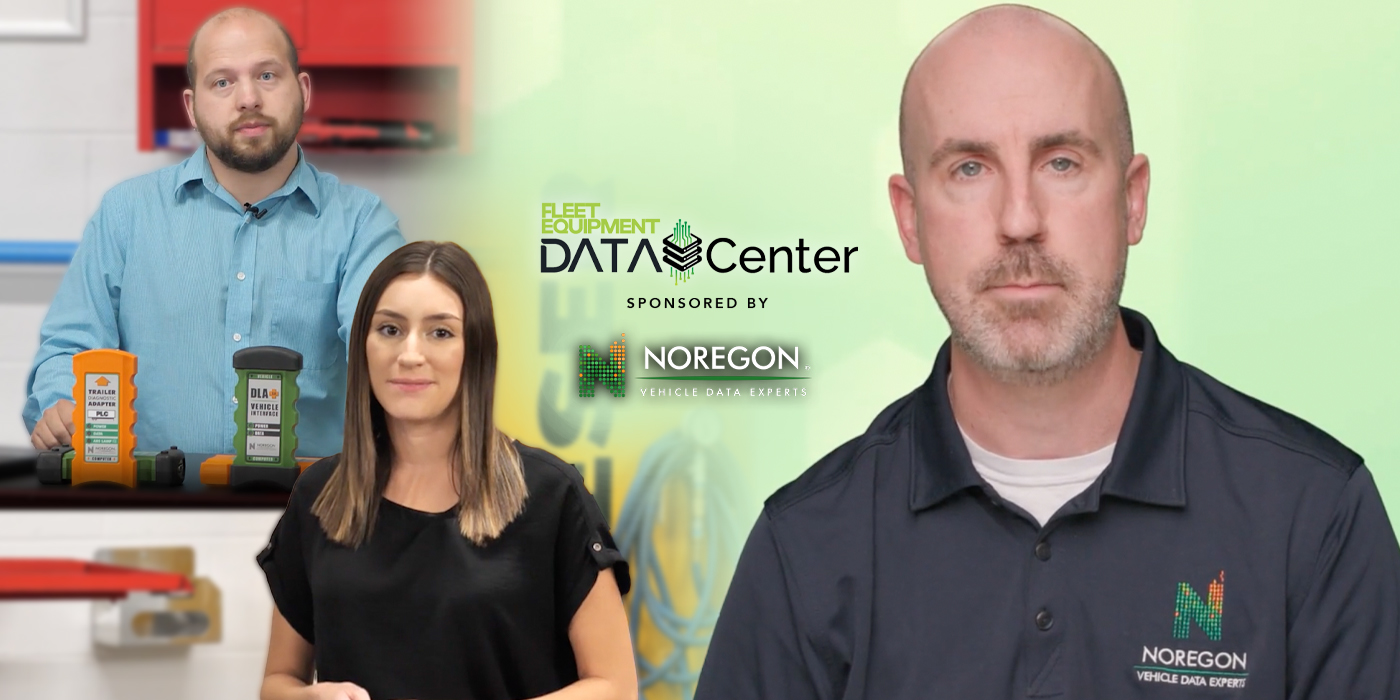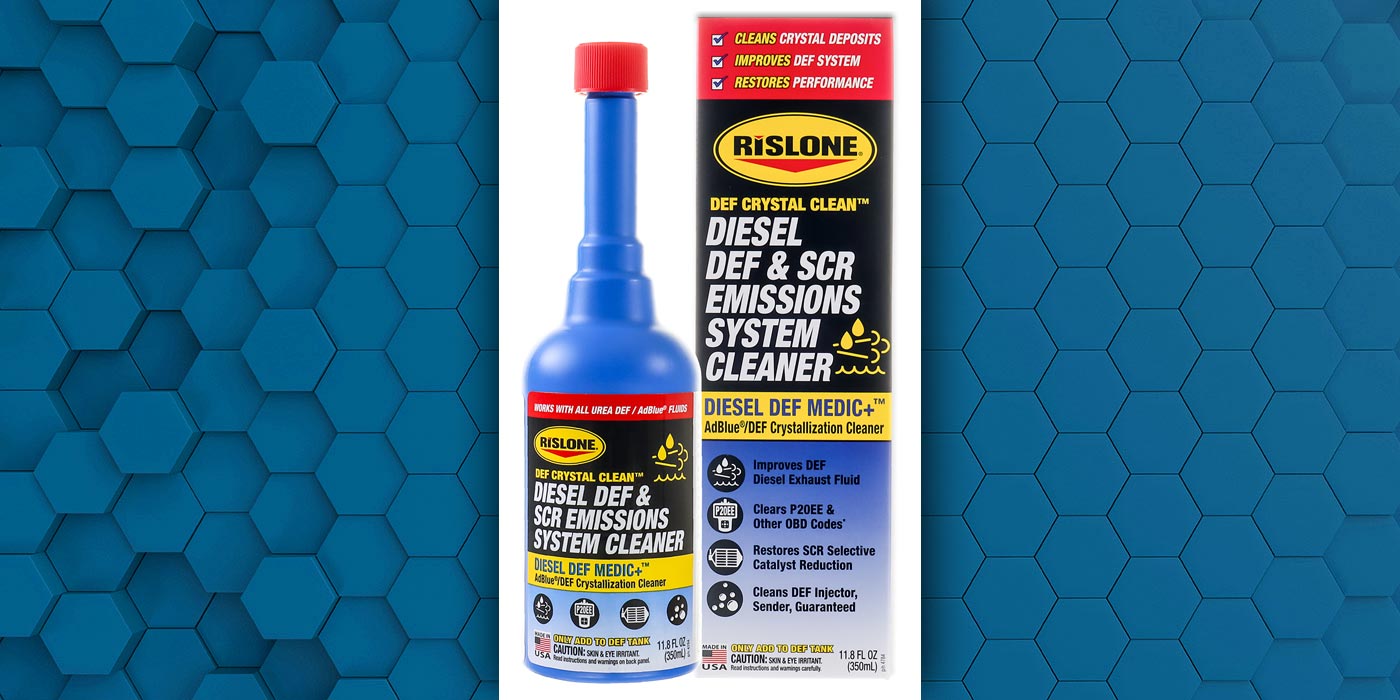Today, we are covering part two of older truck fault codes. Last time, we discussed the importance of staying on top of engine fault codes that may be flooding your system.
This time, we’ll cover the most common fault codes outside of the engine for trucks that are 5-plus years old.
Codes can be complex, but they can range from anywhere between a minor issue to a derated engine. When the data from a sensor or component falls outside the criteria of normal operating parameters, codes can be triggered. This additionally can happen if the control module detects an implausible input from the designated equipment. You’ll want to take a look sooner rather than later.
There are more than 5,000 variations of diagnostic troubleshooting codes so odds are you won’t see them all, but here are some common ones to keep an eye out for while you manage your fleet.
- P0442: A small system leak in a vehicle’s evaporative emission control system.
- P0606: A malfunction in the powertrain control module (PCM), also known as the engine control module (ECM).
- P0101: A fault in the mass air flow (MAF) sensor or circuit.
- P0110: A malfunction in the intake air temperature sensor circuit.
- P0500: A vehicle speed sensor malfunction.
- P0706: Fault in the transmission range sensor circuit range.
Odds are you may see these ones more than once, but when it comes to the older trucks, there are some additional codes you’ll want to know – let’s throw things over to the pros at Noregon so they can fill you in.
Fleet Equipment’s Data Center is sponsored by Noregon. Subscribe to our newsletter to catch every episode as we’ll be diving into use cases, talking with the data pros and making data usage approachable.

